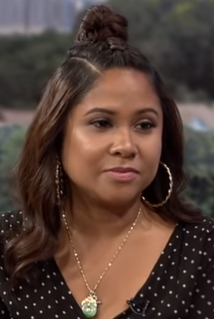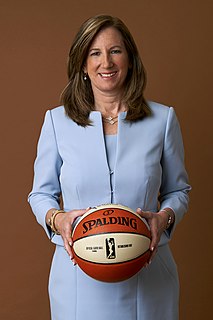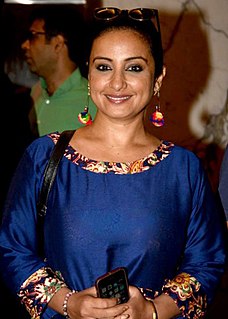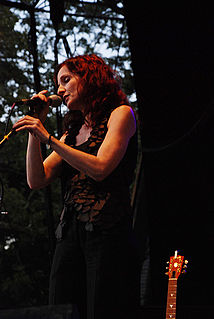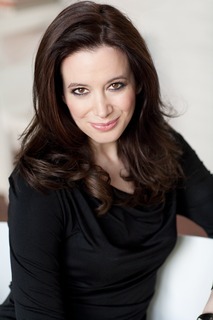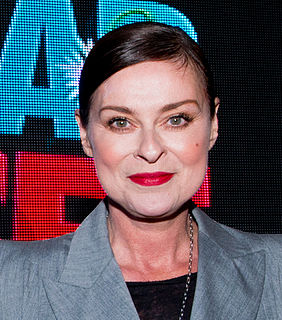A Quote by Angela Yee
I started off on 'The Cipha Sounds Effect' on Sirius. The whole station was just very male-dominated.
Related Quotes
I joined a very male-dominated profession back in 1986. I wanted to work with big multinational Fortune 500 companies, but you don't come into the firm and automatically get those. So, quite frankly, a key to my success was that I found male mentors and male sponsors. I think some women are afraid to say that.
Japanese train signs, station signs, are really representative of the Japanese mind to me, because it always has the station where you are, the station you were previously at, and the station that is the next station. When I came to New York, I was very confused. It just doesn't say where I was and where I was going. But I realized after a while probably most people don't need to know what station you were previously at. But I think it's just some weird Japanese mentality that we need to know, we need to connect the plot.
For younger athletes - women, especially, if it's a male-dominated sport - I'd say be very careful to just be true to yourself. I spent a lot of time trying to emulate how a male wrestler was. They're tough, they're very confident, they don't show a lot of emotion, and they push through everything. That's not me at all. I'm a wrestler but I have emotions, I'm sensitive. When I stopped trying to be something that I wasn't, I felt like I was freeing myself up to find ways to make it work for myself.
